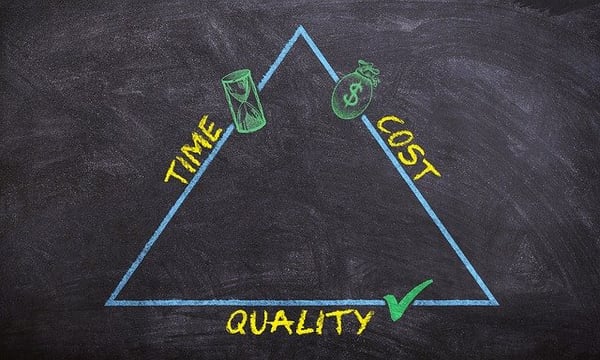Index Content
A stakeholder refers to the public of a company that allows its complete functioning, i.e. all the people or organisations that are related to the activities and decisions of a company, such as employees, suppliers, customers, the government, etc
what is the stakeholder concept and where does it come from?
The exact definition of a stakeholder is any individual or organisation that is in some way impacted by the actions of a particular company.
The term was created in the 1980s by the American philosopher Robert Edward Freeman, who argued that stakeholders are indispensable and should always be taken into account in the strategic planning of any business. In this way, it is understood that the success or failure of any company will always affect not only its owners but also everyone around it, i.e. its employees, its partners, its suppliers, its competitors, the families of all those involved and, of course, all its customers.

what types of stakeholders are there?
- primary stakeholders are all those who are essential to the normal functioning of the company, including shareholders, partners, employees and customers.
- secondary stakeholders are all those who do not participate directly in the company, but who, without being primary, are also affected by the results of the business. This includes all competitors, the market and people in general.
- Internal stakeholders are the owners, managers, employees, suppliers and customers.
- External stakeholders are entities such as the public administration, competitors, customer advocates, environmentalists and other interest groups such as the media.
- Direct stakeholders are involved in the day-to-day activities of a company, e.g. employees, as their daily tasks revolve around developing a company's internal projects.
- Indirect stakeholders are interested in the final result, without being involved in the process. They are concerned with pricing or packaging issues, e.g. customers.
what are the differences between stakeholders and shareholders?
- A shareholder is a shareholder, i.e. someone who owns a share in a company, and is therefore one of the individuals or groups that make up an organisation's stakeholders.
- The degree of influence that this stakeholder has is immense, which almost always puts him or her in the group of primary stakeholders, since, in the end, the shareholder, apart from making capital investments, can also earn or lose money depending on the actions and strategies adopted by your company.
- A shareholder owns at least one share in the company, whereas a stakeholder does not necessarily own shares, but has a personal interest in the company's success.
- A shareholder has contributed to the success of the company in the form of an investment, whereas a stakeholder is interested in the success of the company for reasons other than financial.
- Stakeholders usually have a long-term interest in the success of the company, whereas a shareholder's interest may cease if a shareholder sells his or her shares.

what is the importance of stakeholders in the company?
Stakeholder involvement can help to:
- Empower people: involve them in the decision-making process.
- Create sustainable change: those who are most engaged help inform decisions and provide the support we need for the long-term sustainability of the business.
- Build relationships: build on existing ones and foster new ones.
- Develop a better organisation: engaging with them can help us get to the issues that matter and encourages the development of corporate social responsibility.
- Increase success: engaging stakeholders and turning them into supporters and advocates could increase the chances of business success.
However, as you have seen, not all stakeholders have the same degree of influence over a company's strategic decisions, and not all benefit or are harmed in the same way by the company's results. In order to assess the impact or importance of a particular stakeholder on the company, two factors must be taken into account: the impact on the company's projects and its attitude or stance towards them.
In the same way, not all stakeholders are impacted in the same way by the company's activity. Owners, employees and shareholders are closely linked to the success or failure of the business, while for other actors, such as the media, the impact is much more residual.
As for the attitude or stance towards the company's projects, we must bear in mind that there are stakeholders who benefit from the company's good results and others who have an antagonistic relationship. For example, shareholders would fall into the first category and competing companies into the second.





